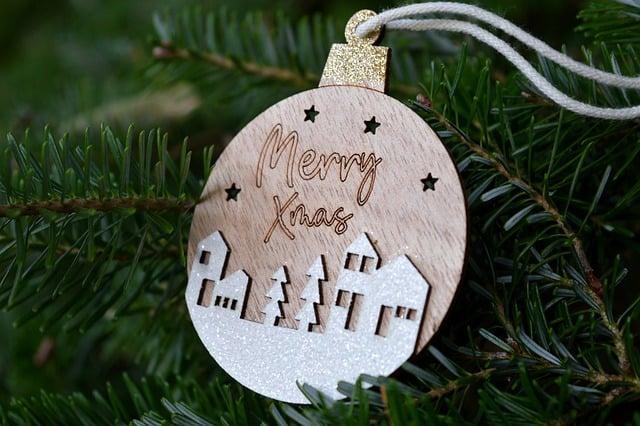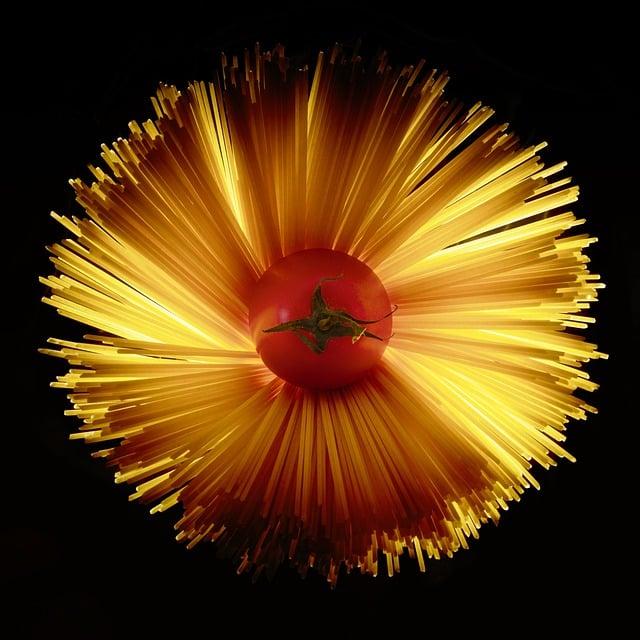In a quaint village, nestled between snow-capped mountains, three wise men embarked on a journey guided by a brilliant star. Each carried a gift, not just for a newborn, but for the world. The first, Melchior, offered gold, a symbol of kingship, recognizing the child’s royal destiny. Next, Caspar presented frankincense, a fragrant tribute to divinity, honoring the sacred nature of the infant. Lastly, Balthazar brought myrrh, a bittersweet essence foreshadowing sacrifice. Together, these gifts wove a tapestry of hope, love, and promise, forever changing the world.
Table of Contents
- Exploring the Historical Significance of the Original Christmas Gifts
- Unwrapping the Symbolism Behind Gold, Frankincense, and Myrrh
- Cultural Impact: How the Original Gifts Shaped Christmas Traditions
- Modern Interpretations: Incorporating the Spirit of the Original Gifts into Today’s Celebrations
- Q&A
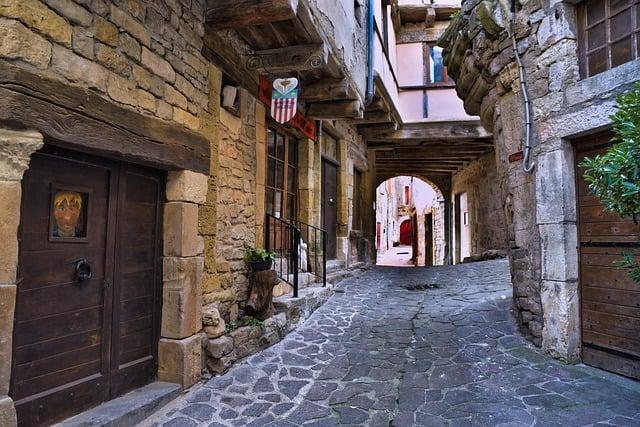
Exploring the Historical Significance of the Original Christmas Gifts
The original Christmas gifts, traditionally known as the gifts of the Magi, hold profound historical significance that transcends mere material value. These offerings—**gold**, **frankincense**, and **myrrh**—were not only precious commodities of their time but also rich in symbolism. Gold, a representation of wealth and royalty, acknowledged the divine kingship of Jesus. Frankincense, an aromatic resin used in religious rituals, signified His divinity and the worship due to Him. Lastly, myrrh, often associated with burial and embalming, foreshadowed the suffering and sacrifice that would characterize His life. Together, these gifts encapsulate the essence of Jesus’ identity and mission, intertwining the themes of royalty, divinity, and mortality in a single narrative.
Beyond their immediate significance, these gifts also reflect the cultural and economic context of the era. The Magi, often depicted as wise men or kings from the East, traveled great distances, symbolizing the universal recognition of Jesus’ importance. Their journey underscores the idea that the birth of Christ was not just a local event but a moment of global significance, inviting all nations to partake in the celebration. Furthermore, the act of giving these gifts highlights the importance of generosity and thoughtfulness in our own traditions. As we reflect on these original offerings, we are reminded of the deeper meanings behind our own holiday practices, encouraging us to consider the values of love, sacrifice, and reverence that they represent.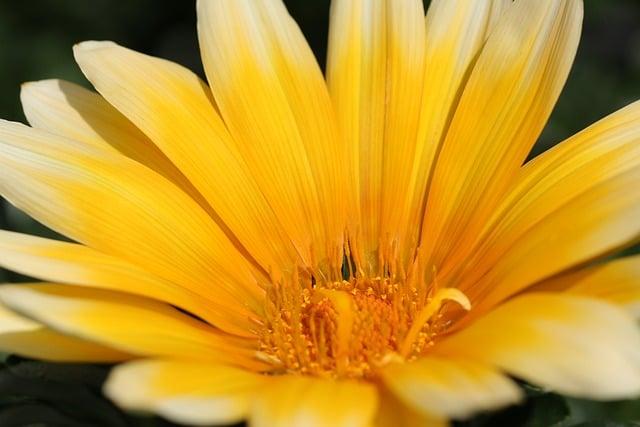
Unwrapping the Symbolism Behind Gold, Frankincense, and Myrrh
The gifts presented to the newborn Jesus by the Magi are steeped in rich symbolism, each item reflecting profound meanings that extend beyond their material value. **Gold**, a precious metal associated with royalty and wealth, signifies Jesus’ kingship and divine nature. It represents the acknowledgment of His status as the King of Kings, a ruler not just of earthly realms but of the spiritual kingdom. This gift serves as a reminder of the honor and reverence due to Him, establishing His rightful place in the hearts of believers and the world at large.
In contrast, **frankincense** and **myrrh** delve into the duality of Jesus’ identity as both divine and human. Frankincense, an aromatic resin used in religious rituals, symbolizes His divinity and the worship He is due. It evokes the idea of prayer and connection to the divine, highlighting the sacred nature of His mission. Myrrh, on the other hand, is often associated with suffering and death, traditionally used in embalming practices. This gift foreshadows the passion and sacrifice that Jesus would ultimately endure, encapsulating the profound journey from birth to crucifixion. Together, these gifts weave a narrative of reverence, sacrifice, and the multifaceted nature of Christ’s purpose on Earth.
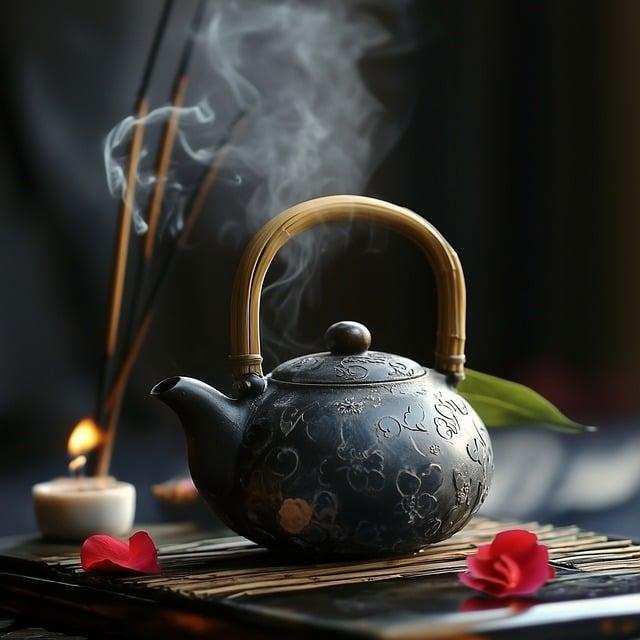
Cultural Impact: How the Original Gifts Shaped Christmas Traditions
The original gifts presented to the newborn Jesus—gold, frankincense, and myrrh—have transcended their historical context to become symbols of deeper meanings and values within Christmas traditions. **Gold**, a precious metal, signifies not only wealth but also the recognition of Jesus as a king. This gift has inspired the tradition of giving valuable presents during the holiday season, reflecting the importance of generosity and thoughtfulness in our exchanges. **Frankincense**, an aromatic resin used in religious rituals, represents divinity and the sacred. Its inclusion in the gifts has influenced the practice of incorporating spiritual elements into Christmas celebrations, encouraging families to reflect on the spiritual significance of the holiday amidst the festivities.
Lastly, **myrrh**, often associated with healing and anointing, foreshadows the suffering and sacrifice of Christ. This poignant gift has led to the tradition of giving gifts that carry personal meaning or serve a purpose, such as items that promote well-being or comfort. Together, these three gifts have woven a rich tapestry of cultural practices that emphasize the values of love, sacrifice, and reverence. As families gather to exchange gifts, the essence of these original offerings continues to resonate, reminding us of the profound impact that thoughtful gestures can have on our shared experiences during this cherished season.

Modern Interpretations: Incorporating the Spirit of the Original Gifts into Today’s Celebrations
As we gather to celebrate the festive season, the essence of the original gifts—gold, frankincense, and myrrh—can be beautifully woven into our modern traditions. Gold, symbolizing wealth and prosperity, can inspire us to give thoughtfully, focusing on meaningful gifts that enrich the lives of our loved ones. Instead of material excess, consider gifting experiences or supporting local artisans, thereby honoring the spirit of generosity that gold represents. This approach not only fosters deeper connections but also encourages a sense of community and sustainability.
Frankincense and myrrh, both associated with spirituality and healing, invite us to reflect on the importance of mindfulness and well-being during the holiday season. Incorporating these elements can manifest in various ways, such as creating a serene atmosphere with essential oils or engaging in practices that promote mental and emotional health. Consider hosting gatherings that emphasize connection and gratitude, or participating in charitable acts that uplift those in need. By embracing the deeper meanings behind these ancient gifts, we can cultivate a celebration that resonates with the values of compassion and reflection, enriching our holiday experience.
Q&A
-
What are the three original Christmas gifts?
The three original Christmas gifts, as referenced in the popular song “The Twelve Days of Christmas,” are:
- Gold – Symbolizing wealth and royalty.
- Frankincense – A fragrant resin used in incense, representing divinity.
- Myrrh – Another resin, often used in embalming, symbolizing mortality.
-
Why are these gifts significant?
These gifts hold deep symbolic meanings related to the identity of Jesus Christ. Gold signifies His kingship, frankincense His divine nature, and myrrh foreshadows His suffering and death.
-
How do these gifts relate to modern Christmas traditions?
While the original gifts are not commonly exchanged today, they remind us of the spiritual significance of Christmas and the importance of giving meaningful gifts that reflect love and thoughtfulness.
-
Are there other interpretations of these gifts?
Yes, various interpretations exist. Some view them as representations of the three aspects of Christ: King, God, and Man. Others see them as gifts that encourage us to reflect on our own values and the spirit of giving during the holiday season.
As we unwrap the layers of tradition surrounding Christmas, the original gifts remind us of the spirit of giving. These timeless treasures—gold, frankincense, and myrrh—continue to inspire generosity and reflection in our celebrations today.

